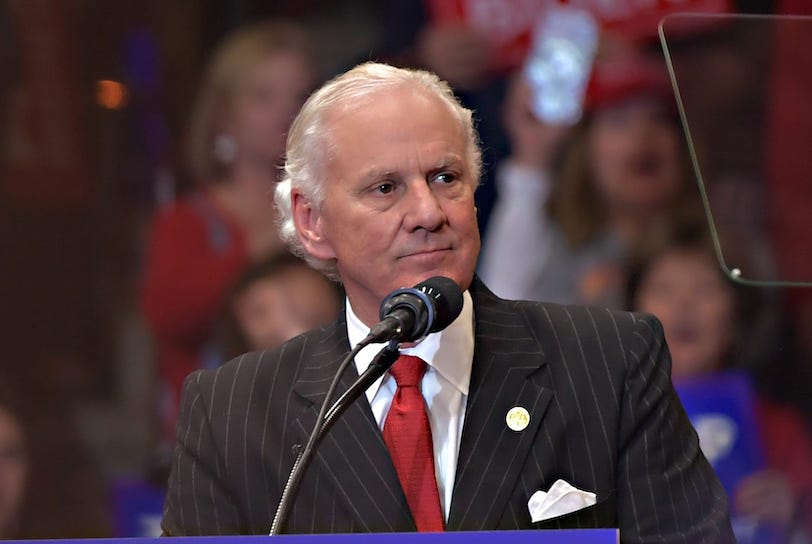The South Carolina legislature has approved a ban on gender-affirming care, becoming the 25th state to do so. The ban also mandates educators to inform trans students' potentially unsupportive parents. Gov. Henry McMaster (R) is likely to approve the law, which will take immediate effect if he does.
House Bill 4624 will forbid healthcare professionals from providing puberty blockers, hormone therapy, or surgeries to individuals under 18, despite the rarity of such surgeries on minors. Anyone providing these to a minor could face discipline by the state medical licensing board or have their licenses revoked.
The bill stipulates that minors receiving gender-affirming medications must stop by the end of January 2025. Major American medical associations have stated that gender-affirming care is safe, effective, and crucial to the overall well-being of trans youth. Ending such care can exacerbate a trans youth’s sense of gender dysphoria and raise their risk of suicide.
The Campaign for Southern Equality, a state LGBTQ+ advocacy organization, has launched the Southern Trans Youth Emergency Project to support and provide information to families so that trans youth can continue receiving gender-affirming care despite the impending ban.
The bill also indicates that healthcare professionals in South Carolina who provide gender-affirming care can be sued by a patient or their parents until the patient turns 39 years old.
The bill prohibits public funding, including Medicaid, from being used “directly or indirectly” for gender-affirming care. This provision may face an immediate challenge since the 4th U.S. Circuit Court of Appeals, which includes South Carolina, ruled in April that government- and state-funded health care and insurance plans cannot exclude coverage for gender-affirming medical care, The Hill reported.
The bill also mandates school principals and counselors to inform parents if a child indicates in any way that their gender identity doesn't match the sex they were assigned at birth. This provision will make trans, nonbinary, and gender-fluid students less likely to seek help from trusted adults in schools, leaving them without any adult support if their parents disapprove of their gender identity.
In January, Gov. McMaster described the bill as “a good idea,” and added, “If they want to make those decisions later when they’re adults then that’s a different story, but we must prevent our young people from making irreversible errors.” Several studies have shown that most people who receive gender-affirming healthcare do not regret it.
A March 2024 poll found that 71% of South Carolina voters felt that the government should not intervene in LGBTQ gender-affirming healthcare decisions for individuals under 18.
LGBTQ+ advocates criticize the ban and vow to file lawsuits.
In response to the recent passage of the law in the state legislature, Cathryn Oakley, senior director of legal policy for the Human Rights Campaign, wrote, “This is a major violation of South Carolinians’ liberty. South Carolina legislators abused their power today by substituting their judgment for that of parents, medical professionals, mental health care professionals, and other experts.”
Chase Glenn, Executive Director of the Alliance for Full Acceptance stated that denying transgender individuals access to necessary medical care violates their basic human rights and shows intolerance. He mentioned that they will not give up and will keep supporting the transgender community in their struggle for dignity, respect, and equal rights.
Ivy Hill, a leader in the South Carolina United for Justice & Equality coalition, mentioned that they will work tirelessly to make sure they have done everything possible to fight against the legislative attack.
The Campaign for Southern Equality expressed their love, support, and unity for trans people in SC on the social platform X, letting them know that they are valued and seen, and that a whole community is prepared to oppose these restrictive laws.
We are sending so much love, support and solidarity and want trans people in SC to know that you are loved, affirmed, and seen – and that there is an entire community ready to fight against these oppressive laws. 6/6 pic.twitter.com/7eK27ol1Nt
— Southern Equality (@SouthernEqual) May 9, 2024









